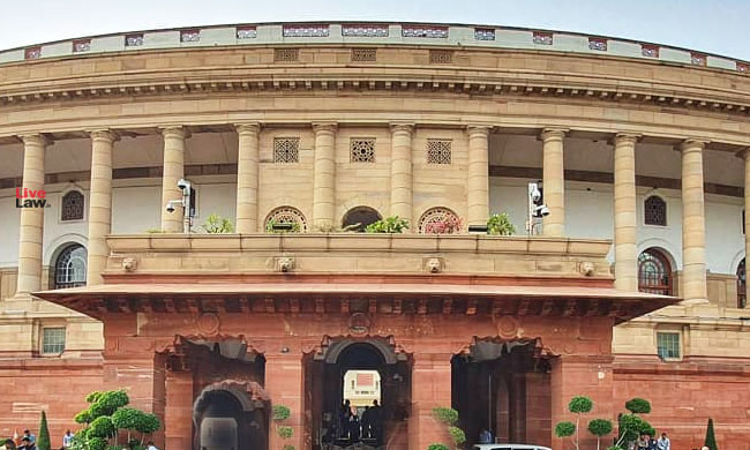No Plans To Move 'Water' To Union/ Concurrent List From State List, Centre Says In Lok Sabha
Akshita Saxena
6 Feb 2020 7:00 PM IST

Next Story
6 Feb 2020 7:00 PM IST
The government today denied that it was planning to include the subject of Water, presently in the State list, to the Union/ Concurrent List of the Constitution. Clearing air on this matter, the Centre said in the Lok Sabha that the proposal to bring water in the Union / Concurrent list had earlier been examined by the two Commissions on Centre State Relations, and the proposal did...
